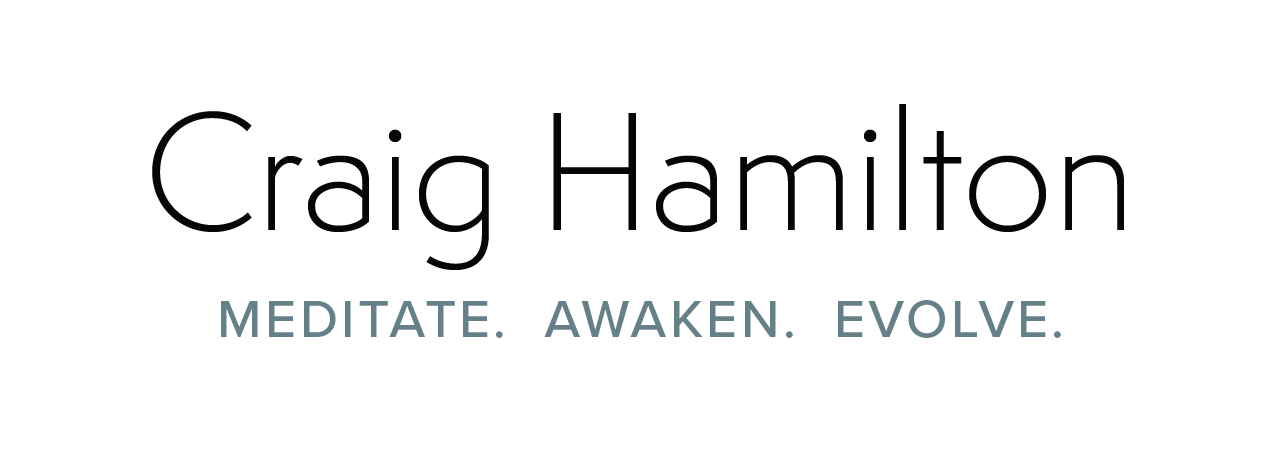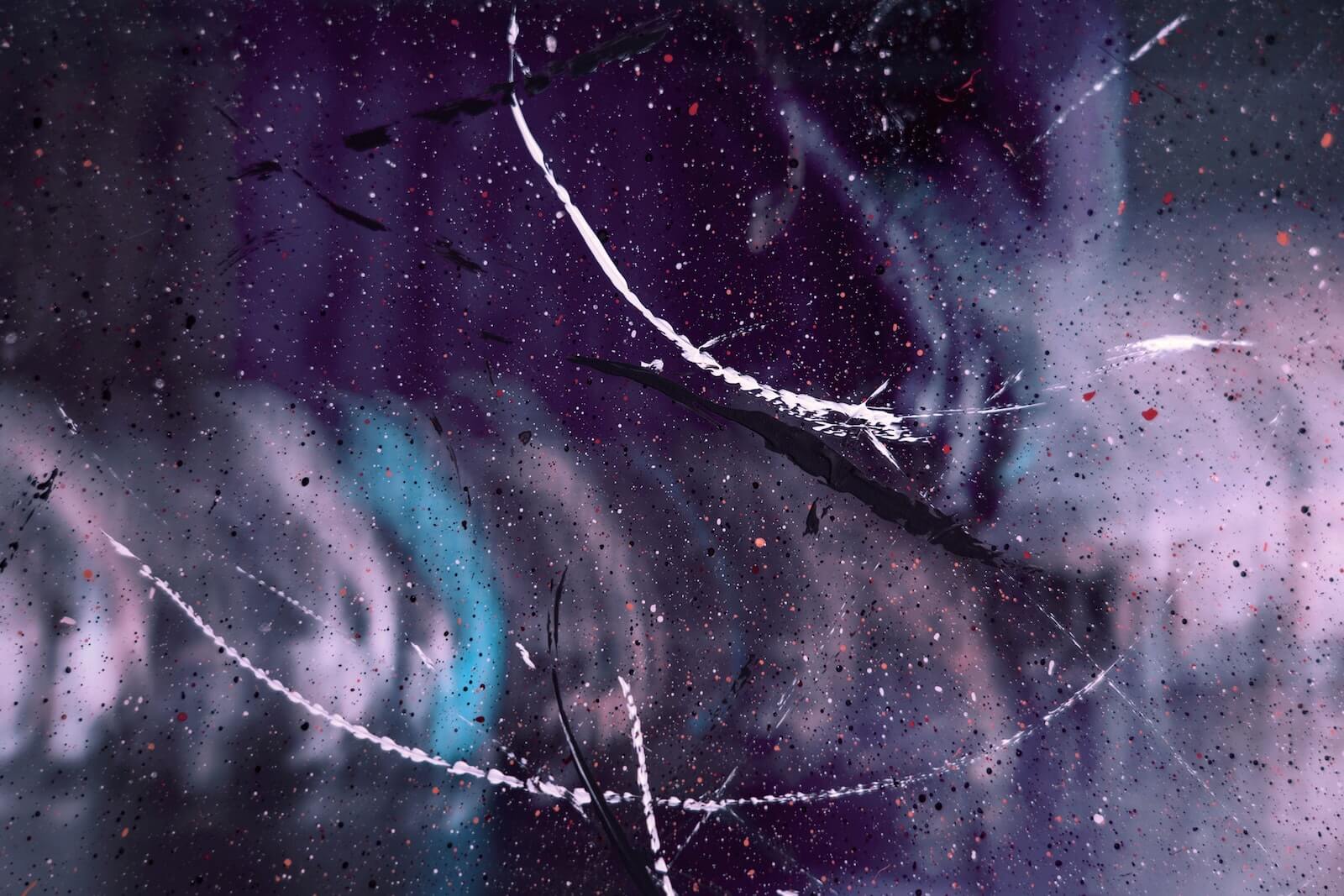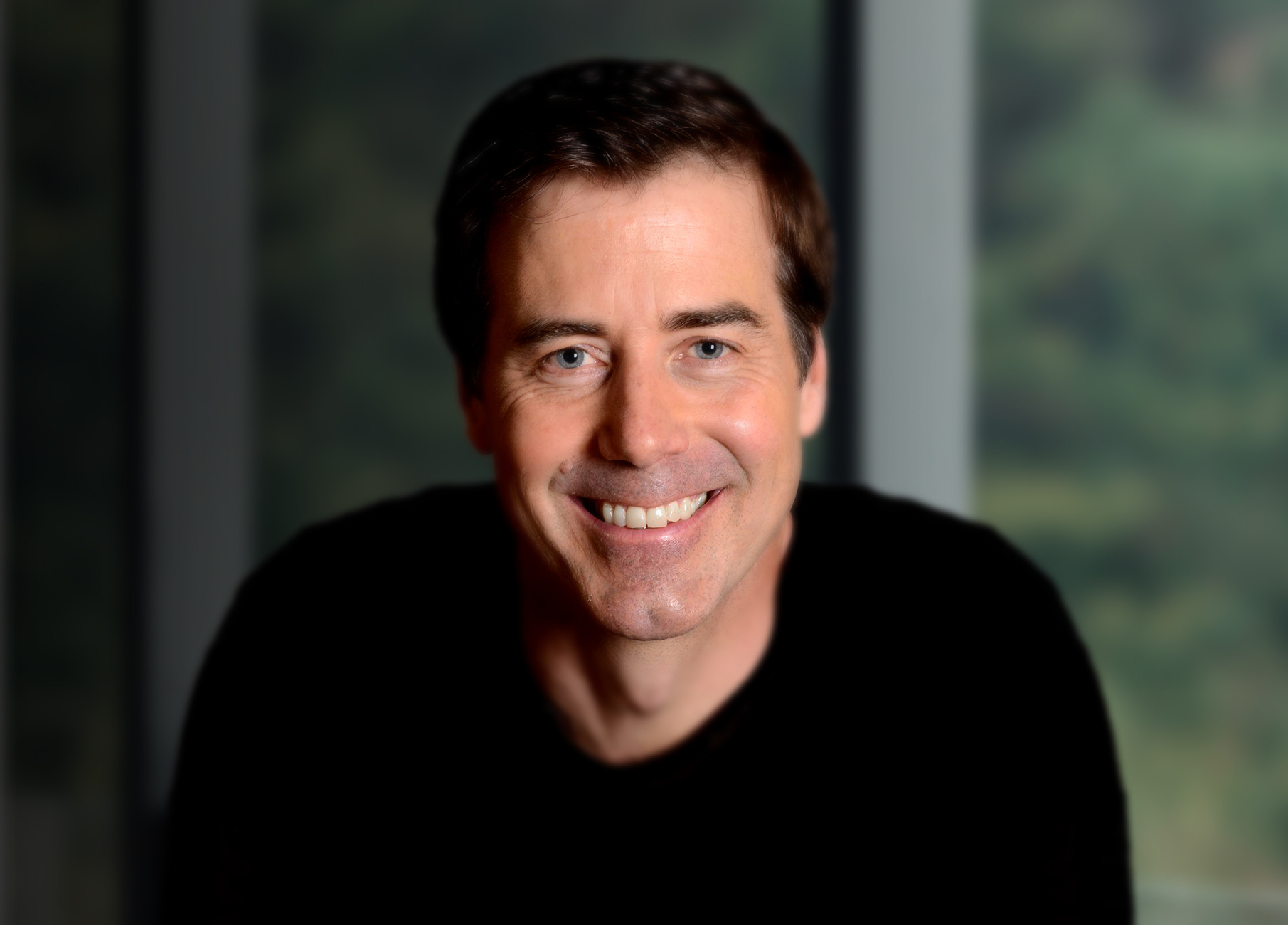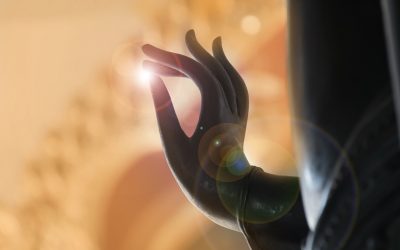We all strive to be open-minded. Throughout our lives, most of us have experienced the benefits of suspending our rigidly held beliefs and letting go of our certainties in order to make room for what we don’t already know. This all-important ability is the foundation of creative problem-solving and effective collaboration in every area of human endeavor. But when we embark on the spiritual path, this need to abandon our certainties and embrace a “beginner’s mind” becomes paramount. In this 25-minute audio clip, Craig talks about why it’s absolutely imperative to drop our attachment to knowing once and for all, in order to experience the profound mystery of awakened consciousness and access a depth of wisdom beyond anything our mind could ever imagine.
Below the audio is an edited transcript of the talk and a downloadable mp3, if you’d prefer to engage the content in that way.
Want to download the mp3 version? Click here.
It’s probably obvious to all of us at this point why it’s useful to have what Suzuki Roshi called “a beginner’s mind.” This open, innocent interest allows us to avoid imposing our ideas from the past on every new moment. It allows us to not come to each new situation we face full of preconceptions. It allows us to drop our rigid agendas for how things are supposed to go and our firm ideas about every person we encounter. It allows us to drop the stories we carry about ourselves and the assumptions we have about what we’re capable of and what we’re not.
I think all of us can sense the value of approaching life with a fluidity and openness that’s very different from the kind of rigidity I was just describing. We know what it’s like to encounter other people when they have this kind of rigidity, when they’re filled with preconceived ideas, firmly held beliefs, shoulds and shouldn’ts, and theories and stories about everything. We’ve encountered that in other people. We know that it’s oppressive. We’ve encountered it in ourselves and we’ve seen the tyranny of that “already knowing” mind. We’ve directly experienced the limitations of that kind of certainty.
Even beyond the realm of spiritual awakening or enlightenment, we all know it’s a good idea to be open-minded. That’s really a colloquial way of talking about what it means to not know: to be open-minded, to be fluid. Most of us get that and we’ve worked to be more open, more innocent, more receptive, less rigid, less controlling, and less certain all the time. When we see ourselves imposing our stories, theories, or plans in a way that’s too rigid, we back off. We make space and make the effort to listen to other people. We pay more attention to the actual situations that we’re in so that we don’t set a kind of trap for ourselves, which is shaped by our firmly held convictions.
What I want to speak about now is why it is so important to transcend this trap of already knowing—this habit of needing to know—on the spiritual path. And I want to talk about why, especially in the context of spiritual awakening, we have to let go of the known—and the need to know—in order to make room for that which our mind will never be able to comprehend.
When we let go of the various positions of certainty we carry around—the “I know what to do,” the “I know how this is supposed to go,” and the ”I know how you’re going to react”—in a sense what we’re doing is making room for new knowledge. We’re making room for information that we wouldn’t otherwise see because we’re so blinded by the filters of what we already know.
To some degree, we’re just letting go of what we think we know in order to be more receptive and open to discovering what’s actually true. It makes us more available to truth. It’s kind of paradoxical that letting go of the need to know is what makes us available for truth. That’s just true and I think we can all see it.
But when it comes to spiritual awakening, we’re being asked to do something much more significant than that. We’re still being asked to give up our rigid worldview in order to make room for a more accurate one. And we’re being asked to give up all the reference points that we already have in our mind about awakening and about enlightenment and about life. But even more than all of that, we’re being asked to fundamentally let go of the need to have any fixed reference points at all. With spiritual awakening, we’re being asked to let go of the need to have any coherent worldview whatsoever. In a sense, we’re being invited to dare to let go of the mind as our primary way of knowing and navigating reality.
Spiritual awakening doesn’t just require us to let go of what we think is true in this moment so that we might see it more clearly. It asks us to give up our habitual way of knowing completely and never pick it up again. It’s an invitation into a relationship to life and reality that for the conventional ego and mind feels like a kind of blindness.
It’s as if I’ve lived my whole life able to see and get around using one set of organs and one set of capacities and everything has worked. That’s how I’ve achieved my success. Maybe I’ve raised my family and done all kinds of good in the world. And now you’re asking me to give that up and put a blindfold on that whole way of seeing and of knowing?
This is very counterintuitive and counter-instinctual. The way we usually think about something like spiritual awakening or enlightenment, even if we have powerful experiences of it, is to see it as a better way of knowing. Of course, we also look at the feeling dimension of it: feeling good, feeling connected, feeling in touch, and all the positive feeling that flows from it. But perhaps more than that, we focus on how the experience allows us to see and know in a new way.
It’s as though we can’t help but superimpose our conventional experience of knowing and understanding onto these awakening experiences. What we imagine is a kind of “super knowing” or a kind of superordinary version of the same kind of knowing and the same kind of certainty that we have in our everyday lives. We imagine flashes of blazing intuition where our ego self finally gets the certainty it’s been looking for its whole life.
We think about the emergence of enlightened wisdom as the end of uncertainty. We’ve lived with the insecurity of not quite being sure if we know and trying to know for our whole life, and we imagine enlightenment will be an end to all that. We’ll know exactly what to do and exactly how to do it in all the right moments in this way that will be completely satisfying to the ego, which is just dying to be right and to be sure for once.
There’s this part of all of us that’s so eager to have something to be sure of. It feels like life will work best when we’re the most certain and the clearest—when we can really anticipate and know beforehand, have a clear map, and have it all figured out. There’s a belief that this is the ideal path through life. And the idea that we would be giving that up seems incomprehensible and nonsensical. So why on earth would we do it?
Spiritual awakening is about leaping entirely beyond that framework and structure. It is about a leap into a dimension of who and what we are and of what reality is that our conceptual mind will never be able to know or comprehend. That’s why it’s always been referred to as “beyond the mind,” or “who we are beyond the mind,” or “reality beyond the mind.”
Beyond the mind lies a vast, sacred, and extraordinary world—a universe of being and becoming that the mind will never be able to understand or say anything about. Of course, I’m here doing my best to use words to describe some dimension of that reality. I’m hoping that the part of you that already knows it will recognize it and be propelled beyond everything you already know. That’s part of what spiritual teaching is.
But nothing we can ever say and nothing you can ever think and nothing any of us can ever conceptualize or grasp with our minds will ever even come close to touching, to naming, to describing the infinite. The only way we can approach the infinite is to utterly relinquish our mind—our relationship to the mind, our already knowing mind with its arrogance that we could ever know the infinite and hubris that we could ever get a handle on it.
Now I want to make a distinction here. When we speak about the infinite depth of our true nature, or awakened consciousness, in the way I have been speaking about it, our mind plays a trick on us. Because we can’t understand something that big with the mind, we tend to kind of put it outside of us. We make it far away from us, and sort of assume that because it’s so big and vast, it’s out of reach.
I just want to be clear that the infinite depth—the extraordinary sacred dimension that I’m talking about—is who you are right now. It’s already who all of us are right now. It doesn’t exist somewhere else. It exists right here, right now. It’s the infinite depth that’s hearing (or reading) the words I’m saying. We’re making room for the mystery that’s always here to be allowed to be recognized, to be apprehended, to be experienced, to be embraced, to be lived.
In order to live in this mystery—to live in this extraordinary consciousness or to allow it to live in us—we have to give up trying to see it. We have to give up the idea that we ever could know it with our mind. We have to give up trying to get a handle on it.
When I spoke earlier about stepping into a kind of blindness, what I’m really pointing to is that the most sacred thing in the universe is something our mind can’t know and see. It can’t form a picture of it or get a handle on it or have a story about it.
If we want to let that extraordinary dimension begin to be our home or to have a home within us, we have to give up the need to know it, to see it, to understand it. We have to dare to live in this innocence, in this beginner’s mind—not just in relationship to the events of life, but in relation to the ultimate.
And then, mysteriously, it starts to show up. It shows up, again and again, in all kinds of ways. And it’s not because we were looking at it or because we figured out anything about it. It’s precisely because we let go and stopped trying to grasp after it. We stopped trying to look directly at it. We stopped needing to know how it works. We stopped needing to have a guarantee that if we let go, we’ll still be able to function in our lives.
We have to let go of all of it. Only then will something extraordinary start to show up. Maybe it happens first in our meditation, then in our encounters with other people during the day, then in our problem-solving and creative work, then in our intimate relationships, and on and on. It’s just showing up.
Then the only way it keeps showing up is through our continued renunciation of the impulse to try to know it. It continues to emerge in our experience, paradoxically, as we resist the urge to look at it, to turn toward it and say “Oh, it’s finally here. Whew! Now I get to know something.” What I’m talking about is really the renunciation and austerity that the spiritual path has always called us to. Any outer renunciation was just a kind of metaphor or support for this radical inner renunciation of the mind—of having the mind be our home.
Of course, we still have minds. The conceptual mind can be a tool. It can be something that we use to analyze things and solve problems and introspect. This isn’t an anti-mind teaching, but it’s about a radical transformation of our relationship to the mind. This is why we hear the mystics say things like “dying to the mind,” or “slaying your mind,” or having “no mind.” We hear these exhortations in the wisdom traditions because the leap beyond the mind is that great.











Very interesting and I learned some of this in Eckart Tolle’s book. I got away from that way of “not trying”, “not knowing” and after reading your thoughts I am going to go with the flow, to live in the not knowing and receive what happens.
Thank you so much!
Namaste.If going beyond is extraordinary ,is it extraordinary for normal mind?It is not understood by mind.It is very ordinary …please respond.